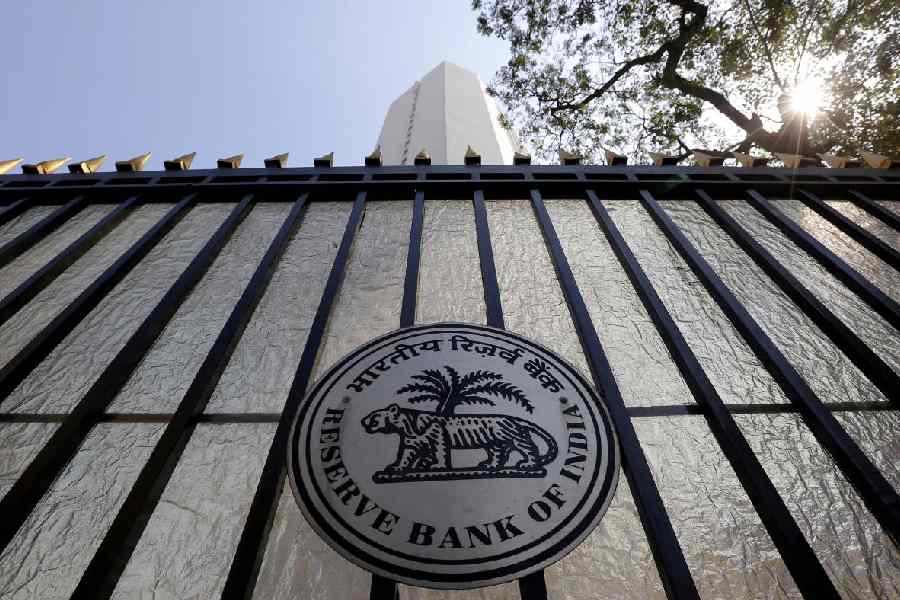 |
| TIME TO GRIN? Navjyot Singh Sidhu, accused of beating a man to death in a parking brawl, has been handed a three-year prison term. But the sentence was suspended till January 31 to give Sidhu time to appeal, which means he won’t have to go to jail now. (PTI picture) |
New Delhi, Dec. 6: A judge, magistrate or a public servant can be prosecuted for cheating, forgery, entering into criminal conspiracy and other penal offences unconnected with the discharge of official duties without sanction from the government, the Supreme Court held today.
A bench headed by Justice Arijit Pasayat noted that the sanction envisaged under Section 197 of the CrPC was to protect “responsible” public servants from criminal prosecution and not to give a “protective cover” to every act or omission done by them.
The protection was restricted to only those acts or omissions of a public servant in the discharge of official duty, the court said, adding that a public servant was not entitled to use the provision as a cloak “to indulge in criminal activities”.
It clarified that the “act” — and not the “duty” — required examination because an act can be performed “both in the discharge of the official duty as well as in dereliction of it”.
If, therefore, an offence under the IPC is committed by a police officer who exceeds his powers or uses excessive force, sanction will be required to prosecute him but the protection will not be available if the same officer “commits an act in the course of his service but not in the discharge of his duty and without any justification”.
A public servant, thus, will not be protected if he uses his official status as “an opportunity for commission of the offence”.
A court cannot take cognisance of a case against a public servant in the absence of valid sanction but the protection is available only if the act falls within the “scope and range” of his official duty, the court said.
It dismissed pleas by former Punjab chief minister Parkash Singh Badal and other family members who had challenged their prosecution on corruption charges.
The court, however, noted that it was mandatory to obtain sanction under Section 19 of the Prevention of Corruption Act to prosecute public servants for certain offences under the law.
It clarified that sanction for prosecution under Section 7 (public servant taking gratification), Section 11 (obtaining valuable thing without consideration) and Section 13 (criminal misconduct) had to be granted if the acts were performed under the colour of office but were in reality for the public servant’s own pleasure or benefit.
Protection under Section 19 of the anti-corruption law is limited to certain offences but Section 197 of the CrPC gives blanket cover to public servants from offences committed in the discharge of their official duties.
Political parties reacted cautiously to the ruling.
The Congress said the law did not specifically require any permission or sanction.
“So, there is no question of court inventing that (there is) no requirement of sanction from Speaker,” spokesman Abhishek Singhvi said.
The BJP said the order should be applied uniformly to elected representatives, bureaucrats and judges.










